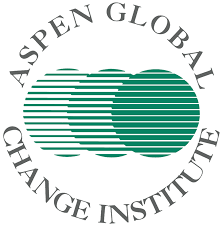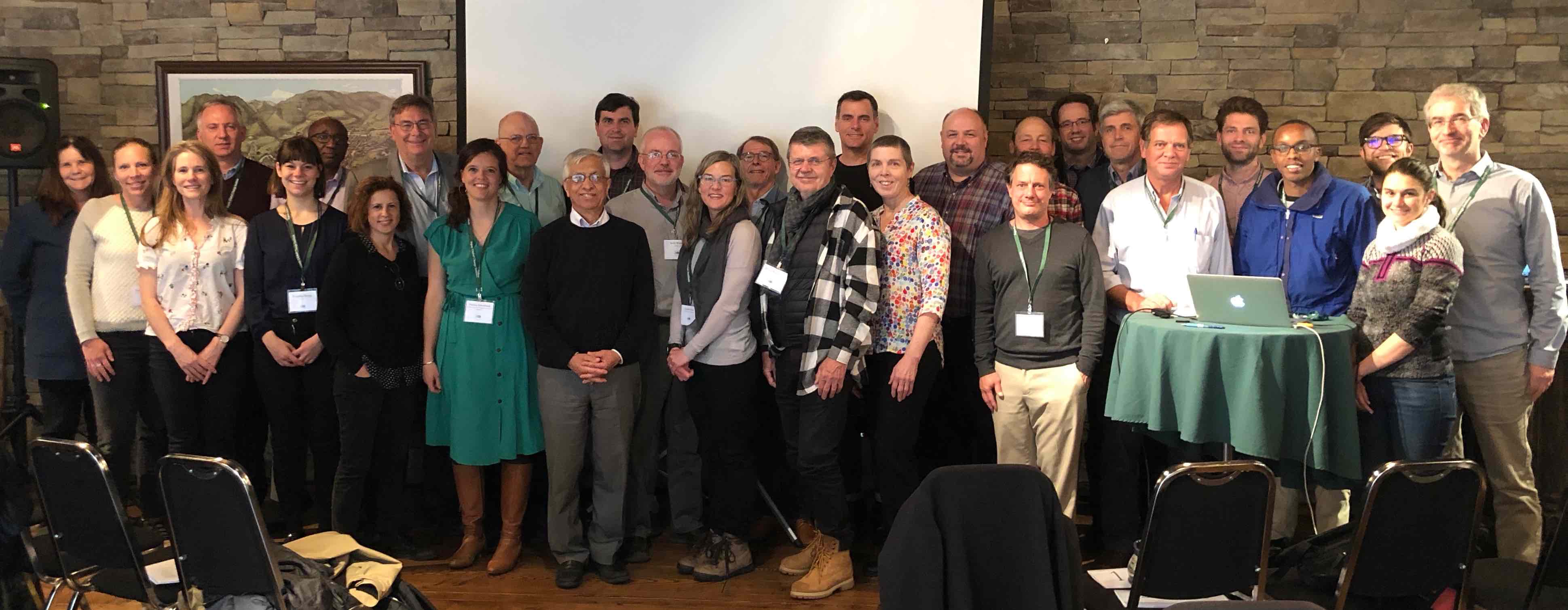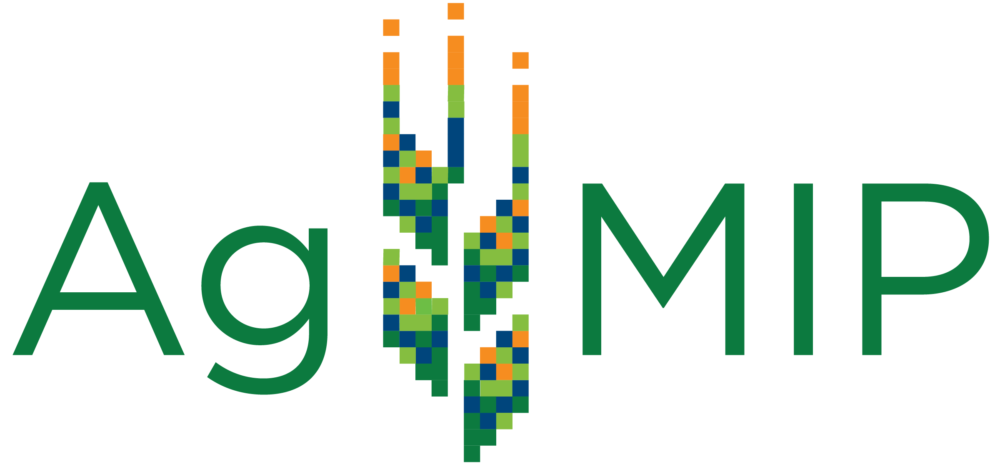Next-Generation Food Shocks Modeling Workshop at Aspen Global Change Institute
June 4, 2019
Aspen Global Change Institute (AGCI) in collaboration with the Agricultural Model Intercomparison and Improvement Project (AgMIP) held the ‘Next-Generation Food Shocks Modeling Workshop’ on May 20-24, 2019, in Aspen, Colorado.
The workshop goal was to facilitate transformational change and science-based foresight by bringing together climate, agriculture, health and nutrition, trade, security, and humanitarian aid expertise to advance next-generation tools and decision support systems that confront current and future challenges to food security and improved nutrition. Despite being commonplace today, climate-related food shocks are difficult to predict and it is difficult to track their wider repercussions. It is also widely agreed that the current trajectories of climate change and socioeconomic development will be punctuated by dangerous shocks and extreme event hazards affecting an exposed and vulnerable food system. This workshop focused on understanding interactions among complex processes spanning multiple disciplines, systems, and scales.

Existing models span disciplines, spatial scales, and time horizons, but together capture the bulk of core dynamics that would allow more detailed examination of the food system’s tendency to exacerbate or buffer food shocks with wide social, environmental, and economic consequences. A major takeaway is that the components and understanding for substantial advances are available and within reach given proper collaboration and connection.
Policy, investment, governance, risk transfer organizations, and private sector actors are also critical players in the food system, and Workshop participants identified the types of scenarios and interventions that could lead to greater resilience in future food systems. Participants also characterized next-generation modeling components that are most needed to understand the potential for targeted adaptation, maladaptation, risk mitigation, feedback loops, correlated behaviors, non-linear responses, and unintended consequences in food system actions.
Workshop participants established a common vision of the complex food system with input from stakeholders and funders (e.g., The Columbia University Earth Institute, NASA, USAID, USDA, ACRE-Africa, Africa Development Bank, SwissRe, the UN Disaster Risk and Resilience Office, the Bill and Melinda Gates Foundation) which allowed for building toward sustained engagement and applications-oriented model design, including linking current capabilities but also prioritizing next-generation model development that would allow for building more effective early warning and forewarning systems for events like drought, multi-breadbasket failures, and shifts in governance that could exacerbate or buffer food insecurity.
The group underscored that there is strong overlap between the disasters community and the long-term climate change community, as today’s disasters are already being shaped by human influences and the starkest future impacts will be disasters on top of changing climatological baselines. By developing this system of models, the group moved toward more stable targets for model linkages and wider collaboration from the broader food systems community (and its health consequences), and also elucidated a clear set of pathways between climate systems research and food insecurity, which is a major area of risk driving public sentiment and international negotiations.
Workshop Co-chairs included Alex Ruane, NASA GISS/Columbia University CCSR; Cynthia Rosenzweig, NASA GISS/Columbia University CCSR; Michael Puma, Columbia University CCSR; Jess Fanzo, Johns Hopkins University; Senthold Asseng, University of Florida.
Workshop Organizers included John Antle, Christopher Funk, Mark Svoboda, Ghassem R Asrar and Mark Rosegrant.
Find more information on the agenda, participants and presentations here.

Group photo of workshop participants at the Next-Generation Food Shocks Modeling Workshop at Aspen Global Change Institute, June 4 2019.
